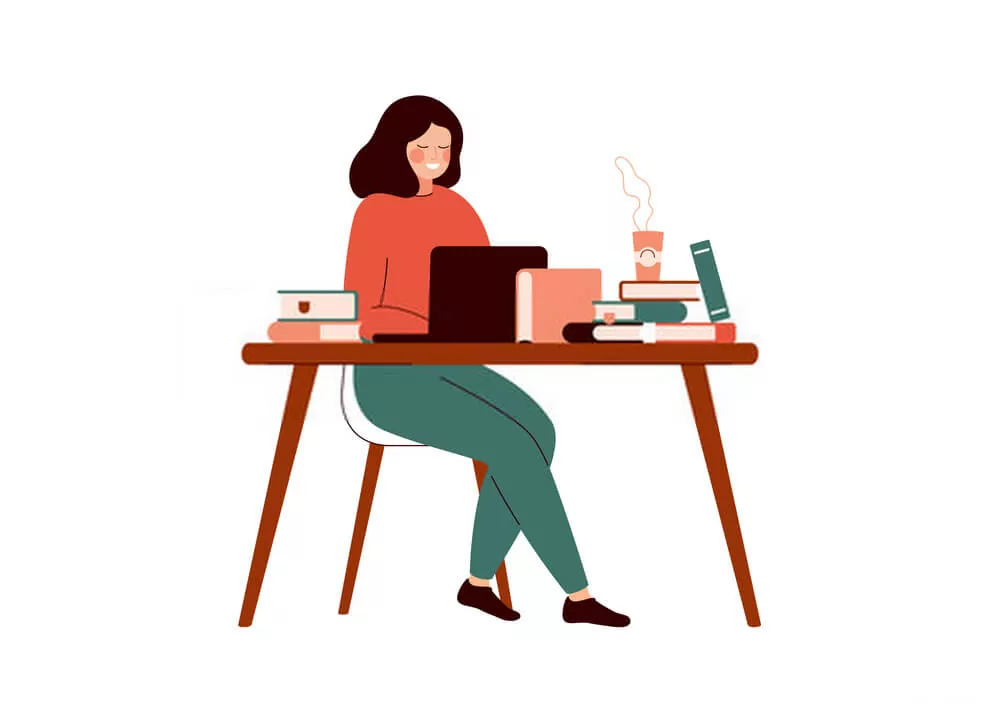Instructions
You will choose a product/a problem/ a brand,… that you think you could make a recommendation or could be changed for the better and apply Design Thinking (7 steps below) to solve it. Conduct the necessary research, analyze your data and generate insights, brainstorm new ideas, select one to develop further and then finalize that idea. As you go through these steps, document everything so that you can create a final report that explains your process as well as the final product. Following the process and documenting that you have done so is the only way to do well on this assignment.
Your final product should include content for each of the following elements:
- Identifying the ProblemExplain the problem that you would like to solve, mentioning why it is an important one to tackle. Identify your user, the core person you are designing for.
- Gather InformationConduct the necessary research that you need in order to collect all the information relevant to the project. Include interview questions, articles, and other methods you plan to use to gather information. Identify at least 3 research articles.
- Capturing InsightsOnce you have collected the information you need, identify the methods you will use to generate insights that will help you distill the information. Conduct a process of synthesis that leads to a list of needs that you will then address through the next step of coming up with ideas.
- Generating IdeasStart coming up with ideas to tackle the problem. You are to help you generate a large number of ideas. Cluster the large number of ideas in similar groupings to develop more fleshed-out concepts.
- Selecting ConceptsOnce you have a large number of ideas, evaluate them on a matrix, and see which 2-3 ideas seem the most promising for meeting the needs of your user. You might make a matrix based on the three core values or attributes that you think a user values in a solution, for example. Or you might want to select a diverse set of concepts for testing so you evaluate them on how alike/different they are from one another.
- PrototypesIdentify the assumptions underlying your concepts. Ask: What needs to be true for these to be successful? How might you gather feedback on the assumptions underlying the desirability of these 2-3 ideas? What could you design and how would you put it in front of the right people? NOTE: you do not need to carry out prototyping (that is extra credit). You need to describe what you would do.
- Finalizing the SolutionFor this selected idea, think of the comprehensive innovation framework and make recommendations on the product, service, brand, and experience.
While there is no length requirement for the deliverable, it should be rich with both process and solution detail, including written and visual content. The project will be due 2/29/2020





 Posted in
Posted in 

